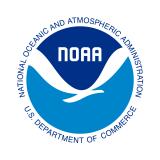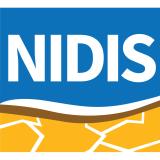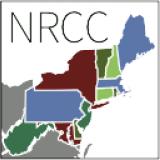Rethinking Resilience: Toward Holistic Approaches to Drought Management on Tribal Lands in the Upper Columbia and Missouri River Basins
In September 2023, the National Oceanic and Atmospheric Administration’s (NOAA's) National Integrated Drought Information System (NIDIS) and the Confederated Salish and Kootenai Tribes of the Flathead Reservation convened the Workshop for Building Drought Resilience in a Changing Climate with Upper Columbia and Missouri Basin Tribes. This workshop, which built off of existing investments to advance the NIDIS Tribal Drought Engagement Strategy, was an opportunity to explore pressing needs related to building drought resilience, and these discussions turned to larger issues and barriers that Tribal Nations face.
This synthesis, Rethinking Resilience: Toward Holistic Approaches to Drought Management on Tribal Lands in the Upper Columbia and Missouri River Basins, captures a range of best practices and opportunities that Tribal Nations, Tribal Colleges and Universities (TCUs), and their partners identified to strengthen engagement and action around drought resilience during this workshop.
The first section, Workshop Process and Best Practices, serves as a resource for current and future partners of Tribal Nations and TCUs, and provides detailed descriptions of key activities that contributed to the workshop’s success. The second, Workshop Outcomes and Opportunities, provides a discussion of key messages that emerged from a series of solution- and topic- oriented sessions at the two-and-a-half-day event. Our hope is that this synthesis helps to continue conversations and strengthen relationships among the many partners, colleagues, friends, and relatives that participated in the workshop, and that, ultimately, it can be used to further support resilience efforts both within and outside the Upper Columbia and Missouri River Basins, so that we can all work toward becoming a Climate Ready Nation.







